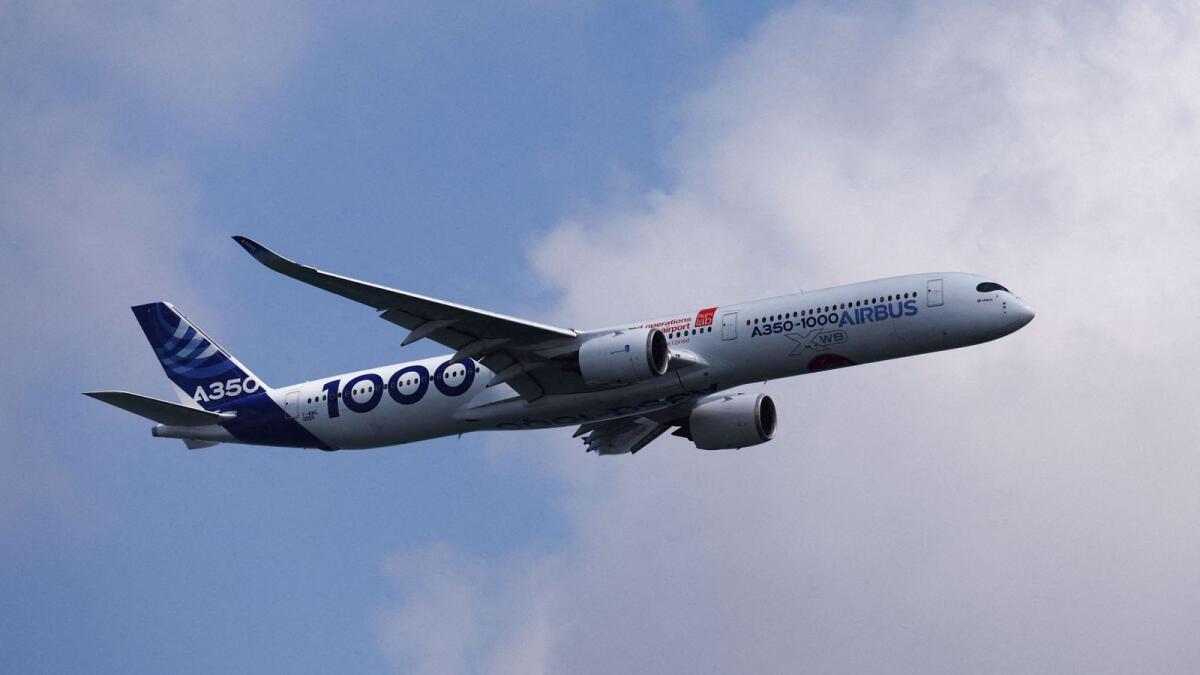The European Union Aviation Safety Agency (EASA) has announced on Thursday that it will be calling for inspections of the Airbus A350 long-haul fleet following an engine failure on a Cathay Pacific A350-1000 jetliner. The decision is a precautionary measure to prevent similar incidents after consulting with relevant authorities and stakeholders. The failure of a part of the fuel system caused a fire during the flight, which was quickly extinguished by the crew. EASA stated that a one-time fleet inspection will be required to identify and replace any compromised high-pressure fuel hoses.
Rolls-Royce and Airbus are working closely with authorities to comply with the directive issued by EASA. The focus is on minimizing any short-term disruptions and ensuring the safety of the A350 fleet. The A350-1000 and its Rolls-Royce XWB-97 engines have been under scrutiny since the engine problem on the Zurich-bound jet. Initial investigations suggest that a flexible pipe was pierced, leading to a fuel leak. The ongoing probe will determine whether this was the cause of the incident or a consequence.
The EASA directive is expected to involve a visual inspection of Trent XWB-97 engines with specified deadlines, primarily a lightweight maintenance task. The decision to order precautionary checks comes after manufacturers initially opposed the need for inspections of the entire A350 fleet. Manufacturers had been hesitant to recommend worldwide checks, but the final decision rests with regulators. The move indicates EASA’s commitment to ensuring safety standards in the aviation industry.
Regulators have the authority to override manufacturers’ recommendations and order their inspections, highlighting the need for independent oversight in safety matters following recent aviation crises. The incident involving the Cathay Pacific A350-1000 engine is a pivotal moment for EASA and its Executive Director Florian Guillermet, who faces the challenge of navigating through complex technical issues to maintain air safety standards. Public concerns over air safety underscore the importance of how the incident is handled by all stakeholders in the industry.
Rolls-Royce is keen on ensuring that any repair work is based on technical considerations rather than external pressures. The airline industry is seeking more clarity from Airbus and the engine manufacturer regarding the issue to address passengers’ concerns. Airbus and Rolls-Royce are engaging in closed briefings with airlines to provide information on the affected planes and the availability of replacement parts. The collaborative efforts aim to address the technical and communication aspects of the situation to maintain public confidence in air travel.




















